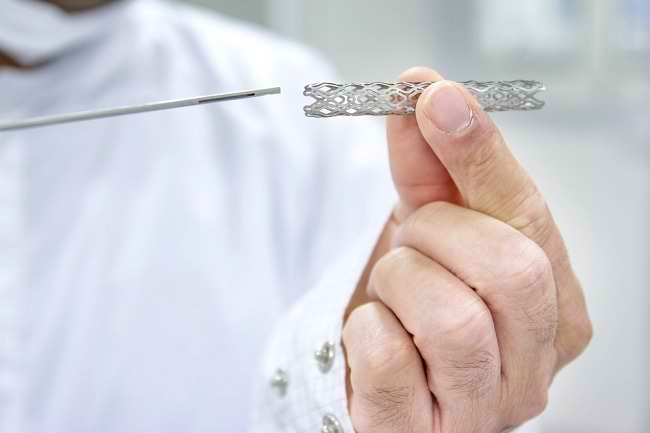The density of activities sometimes makes us less painstaking in maintaining personal hygiene, making us susceptible to disease. Therefore, extra protection is needed so that personal hygiene and body health are maintained. One of them is to use antibacterial soap.
When carrying out daily activities, your body is exposed to various types of germs that cause disease, be it viruses, bacteria, parasites, or fungi. Exposure to these germs can occur anytime and anywhere, for example when shaking hands with other people, using the toilet, or touching dirty objects, such as money, WL, table, or doorknob.
However, transmission of germs can be prevented by always maintaining personal hygiene, for example by bathing regularly and washing hands with water and soap.
There are various types of soap with different ingredients and benefits. One of them is antibacterial soap. So, what is the difference between antibacterial soap and regular soap?
Antibacterial Soap and Its Ingredients
Antibacterial soap is a type of soap that contains antibacterial substances. There are two types of antibacterial substances that are often used in antibacterial soap products, namely:
Fast-acting antibacterial
Several compounds belonging to this type of antibacterial include alcohol, chlorine, these compounds are usually also found in hand sanitizer products (hand sanitizer).
The content of these antibacterial substances is able to eradicate bacteria on the skin within a few seconds or a few minutes.
Residue-producing antibacterial
This type of antibacterial substance is more widely used by medical personnel, such as doctors, nurses, midwives, or laboratory personnel, before carrying out medical procedures. This type of antibacterial substance will last longer and be more effective at eliminating germs and viruses that cause infection.
Antibacterial Soap VS Ordinary Soap
Actually, antibacterial soap and regular soap have almost the same content. Both types of soap also look equally effective in removing dirt and germs.
However, antibacterial soap is equipped with antibacterial substances which are believed to be more effective in eradicating germs. There are various antibacterial substances with their respective advantages and disadvantages, including:
The advantages and disadvantages of antibacterial soap
One type of antibacterial substance that is commonly used in antibacterial soap is triclocarban (TCC). Some antibacterial soaps also come with mint, vitamin E, lemon extract, tea tree oil, and milk-based moisturizers.
The combination of these ingredients makes antibacterial soap believed to have several benefits, including:
- Reduces germs and dirt on the surface of the skin
- Keeps skin soft and moisturized
- Prevent dry skin
- Eliminate body odor
- Reducing the risk of various infectious diseases, such as flu, cough, and diarrhea
However, avoid using antibacterial soap products if you have allergies or irritation to the compounds contained in these products.
Some people, especially those with sensitive skin types, can usually experience skin disorders, such as eczema, contact dermatitis, and dry skin, after using soap that contains certain ingredients.
Advantages and Disadvantages of Regular Soap
Ordinary soap can also clean the skin and eradicate germs that stick to the surface of the body. However, there are some types of regular soap that can also dry out the skin.
Therefore, pay attention to its use again or choose a soap that contains moisturizers, so that the skin does not dry out.
Whatever type of soap you choose and use, make sure you also make efforts to maintain personal hygiene, namely by bathing at least 2 times a day, washing your hands regularly, especially after using the toilet and before eating, and eating nutritious foods to strengthen your immune system. .
If you experience irritation or an allergic reaction after using a certain soap product, stop using it and check with your doctor.









